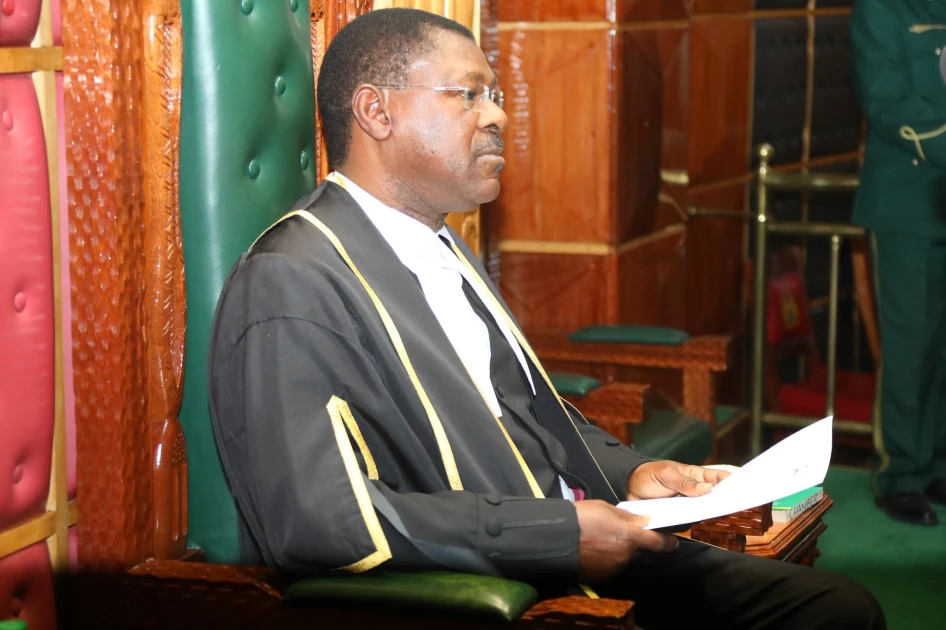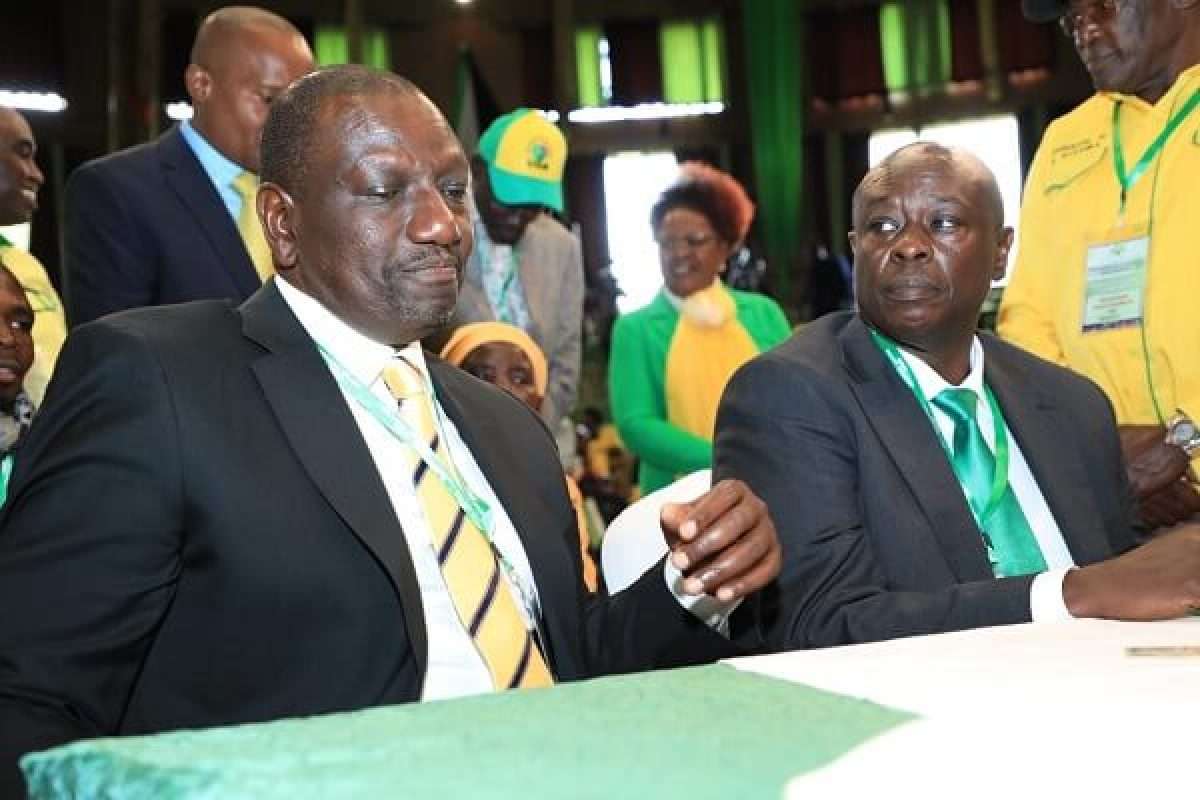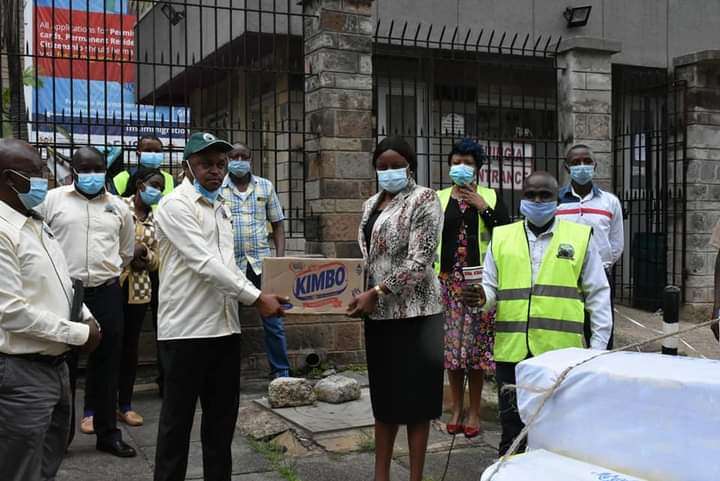A contentious debate erupted in parliament as Kenya Kwanza and Azimio MPs clashed over proposed amendments to raise the government’s spending limits outlined in the budget policy statement. The proposed increase, from the current allocation of 3.6 trillion shillings to 4.1 trillion shillings for the 2024–2025 financial years, sparked heated discussions among lawmakers from both political camps.
The debate centered around the allocation of funds to various sectors, with Kenya Kwanza MPs advocating for increased allocations to the National Government Constituency Fund, rural electrification programs, and road infrastructure projects. On the other hand, Azimio MPs expressed concerns over the potential impact of the increased spending on taxpayers and the overall economy.
Notably, the National Assembly Budget Committee, led by Kiharu MP Ndindi Nyoro, played a significant role in shaping the outcome of the debate by recommending adjustments to specific budget allocations. This included an 8.8 billion shilling increase in the National Government Constituency Development Fund, bringing the total fund allocation to over 61 billion shillings.
MPs from both camps defended their positions, with Kenya Kwanza MPs emphasizing the importance of accelerating rural development through increased funding for key initiatives. However, concerns were raised about the financing of these additional expenditures and the potential implications for the country’s fiscal deficit.
In addition to the allocations for constituency development and rural electrification, MPs also approved a 2 billion shilling increase in Parliament’s budget, bringing it to 43.6 billion shillings. The executive’s budget was also enhanced by 50 billion shillings, raising it from 2.43 trillion shillings to 2.48 trillion shillings.
The debate highlighted deep divisions among MPs regarding fiscal priorities and the appropriate level of government spending in the face of economic challenges and revenue collection targets. As Treasury prepares to table budget estimates in April, the outcome of this debate will have far-reaching implications for Kenya’s fiscal policy and economic development strategies.





